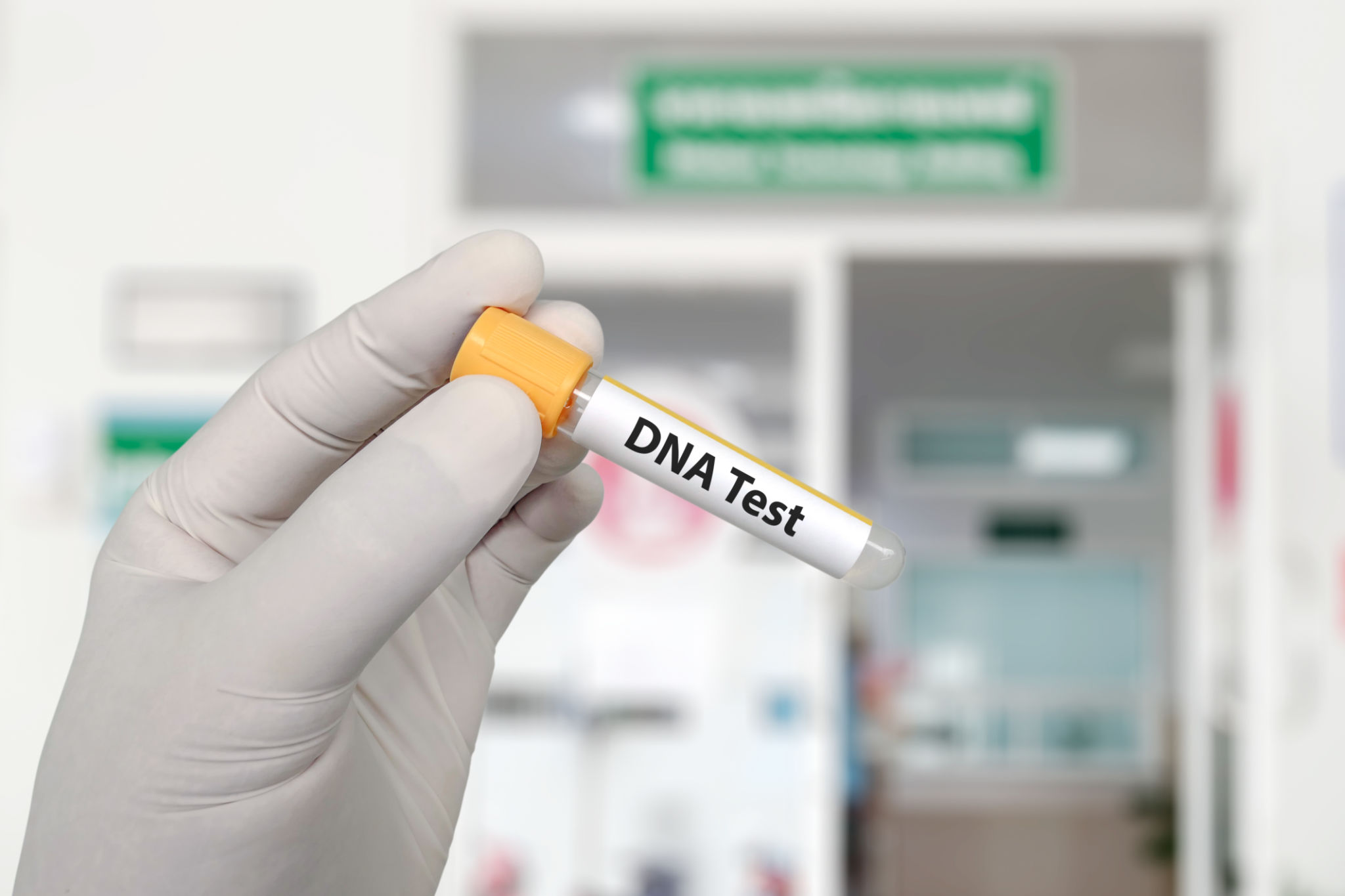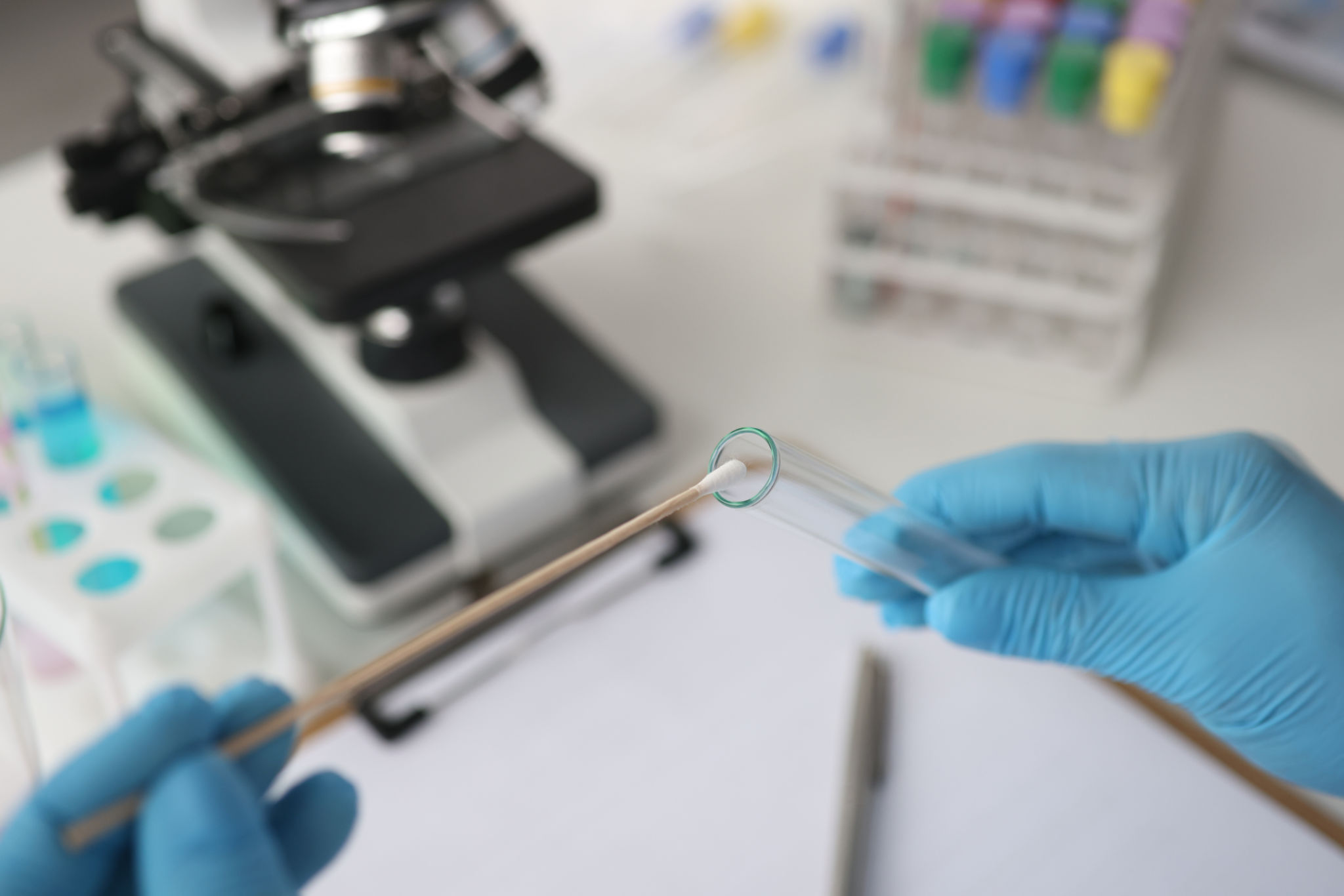How DNA Testing Can Help Resolve Family Disputes: Real Case Studies
The Growing Need for DNA Testing in Family Disputes
In recent years, DNA testing has become an invaluable tool in resolving family disputes. With the rise in accessibility and accuracy of genetic testing, families now have a scientific method to address questions of identity and relationship. Whether it's settling inheritance issues, confirming paternity, or even reuniting long-lost relatives, DNA testing can offer clarity and peace of mind.

The Science Behind DNA Testing
DNA testing works by comparing genetic markers within the DNA strands of individuals. These markers are unique to each person and can be used to determine familial relationships with a high degree of certainty. Laboratories specialize in analyzing these markers to confirm biological connections, providing results that are often admissible in court.
The process involves collecting a DNA sample, usually through a cheek swab or saliva test, which is then analyzed in a lab. The results can take anywhere from a few days to a couple of weeks, depending on the complexity of the test and the lab's workload.
Case Study: Resolving Inheritance Disputes
One of the most common uses of DNA testing is in resolving inheritance disputes. In many cases, family members may contest a will or inheritance claims, especially when there are allegations of illegitimacy or unknown heirs. A notable case involved a wealthy individual's estate being contested by multiple claimants. DNA testing was employed to determine the legitimate heirs, ultimately bringing resolution to a years-long dispute.

Such cases highlight how DNA testing can serve as a definitive piece of evidence, providing an objective basis for decisions that might otherwise be clouded by emotion or conjecture.
Paternity Testing for Child Support and Custody
Another prevalent use of DNA testing is in determining paternity for child support and custody cases. The emotional and financial implications of these disputes can be significant, and DNA testing offers a way to establish facts unequivocally. One case involved a father who had been paying child support for several years, only to discover through DNA testing that he was not the biological parent. The results led to a re-evaluation of custody and support arrangements.

This example underscores the role of DNA testing in ensuring that parental responsibilities and rights are fairly allocated based on biological relationships.
Reuniting Families Through Genetic Testing
Beyond legal disputes, DNA testing has also played a heartwarming role in reuniting families. The rise of genetic databases has made it possible for individuals to find relatives they never knew they had. In one remarkable story, siblings separated at birth were able to find each other after more than five decades apart, thanks to DNA testing services that matched their genetic profiles.
These reunions not only provide personal fulfillment but also help individuals better understand their heritage and family history.
Privacy Concerns and Ethical Considerations
While DNA testing can provide immense benefits, it also raises privacy concerns and ethical questions. The collection, storage, and use of genetic data must be handled with strict confidentiality to prevent misuse. It's crucial for individuals undergoing DNA testing to understand their rights and the implications of sharing their genetic information.

Moreover, ethical considerations arise when dealing with sensitive family information that could potentially disrupt established relationships or reveal unexpected truths.
The Future of DNA Testing in Family Disputes
As technology continues to advance, the role of DNA testing in resolving family disputes is likely to expand. With improvements in accuracy and the growing affordability of genetic tests, more families will have access to these services. The future may see even quicker turnaround times for results and more sophisticated analyses that can provide deeper insights into familial connections.
Ultimately, DNA testing stands as a powerful tool that can help families find resolution and closure in disputes that might otherwise remain unresolved.
